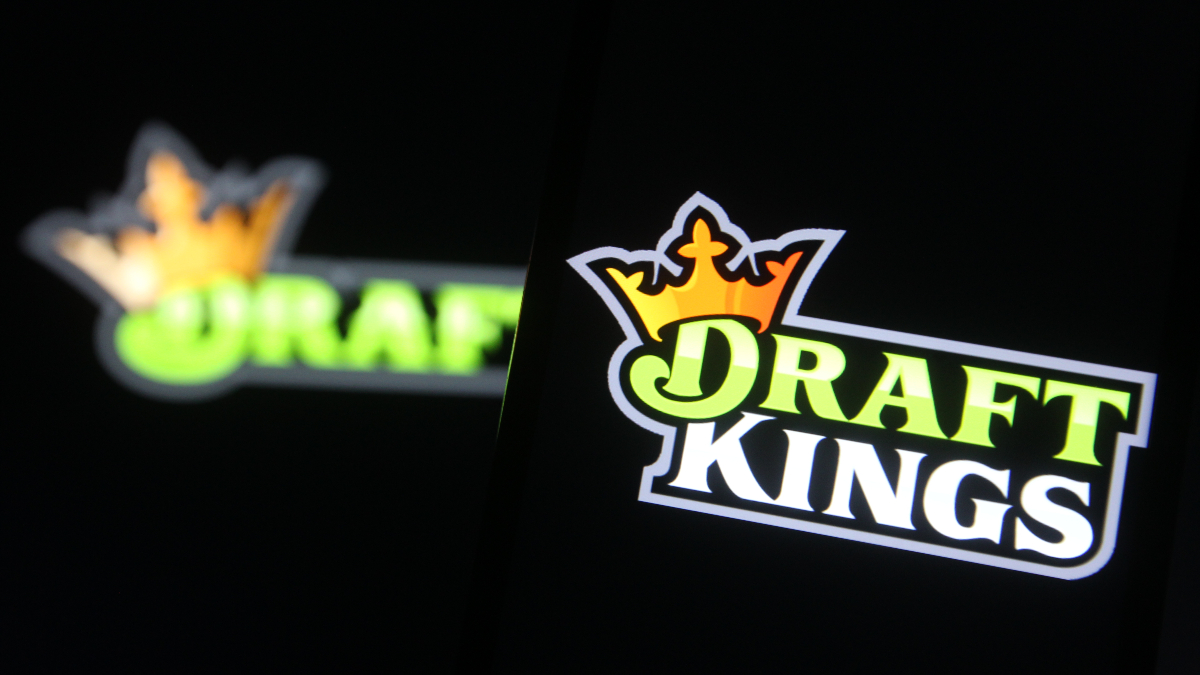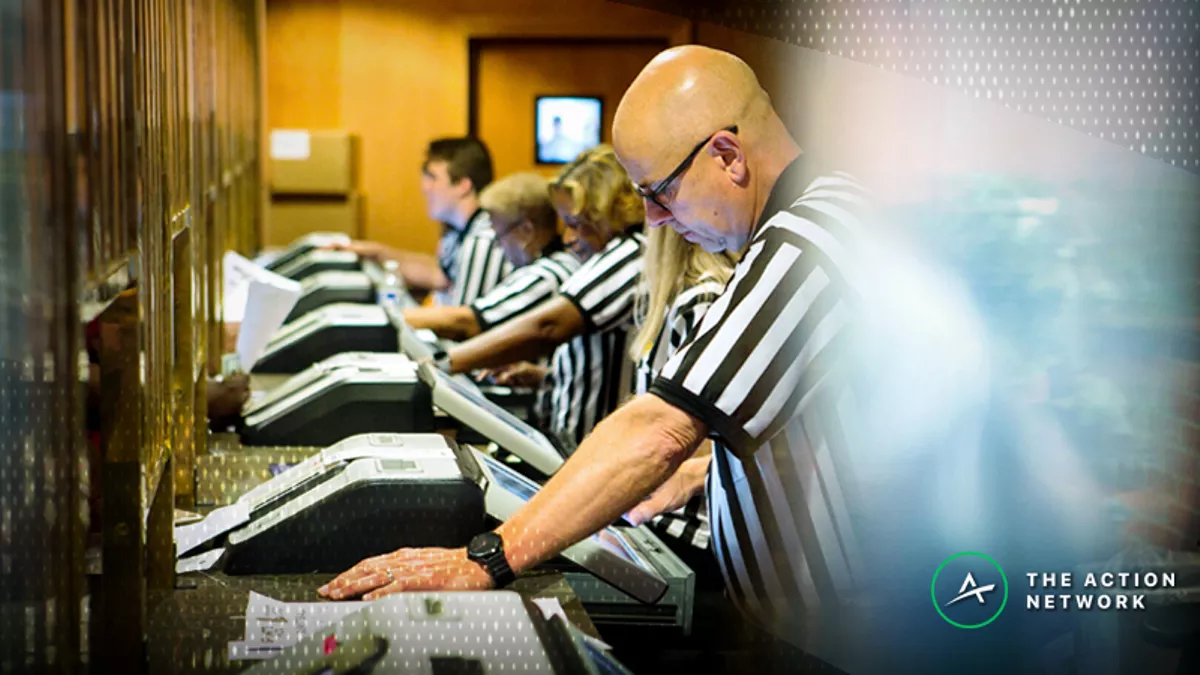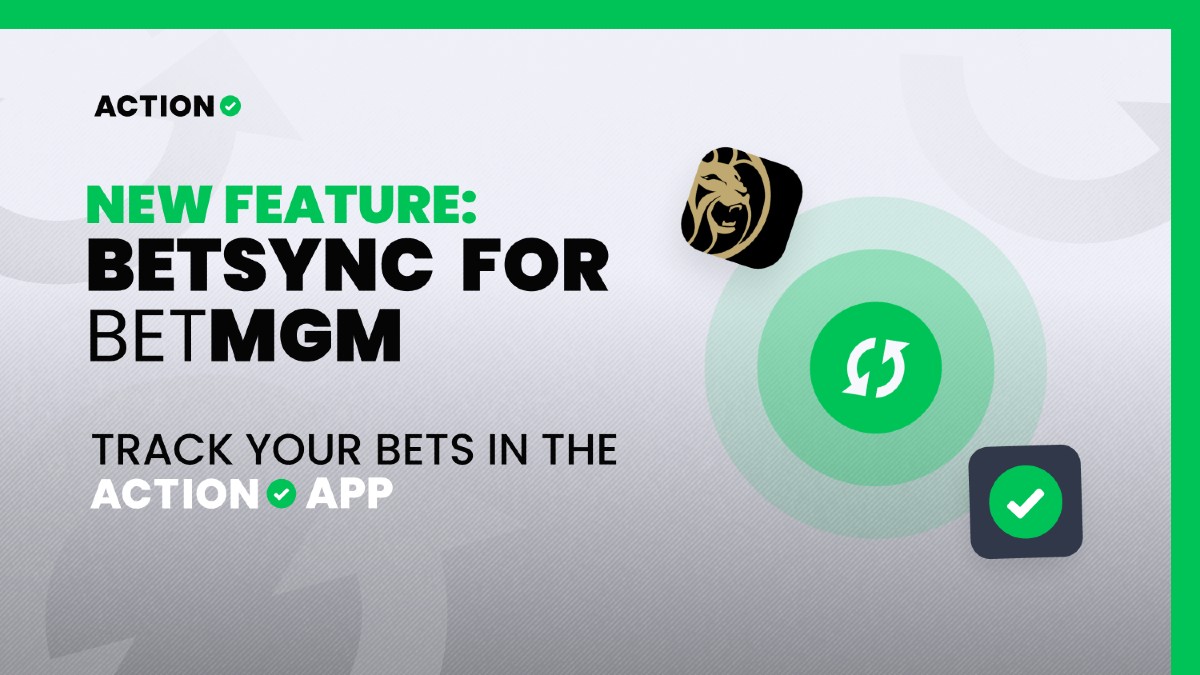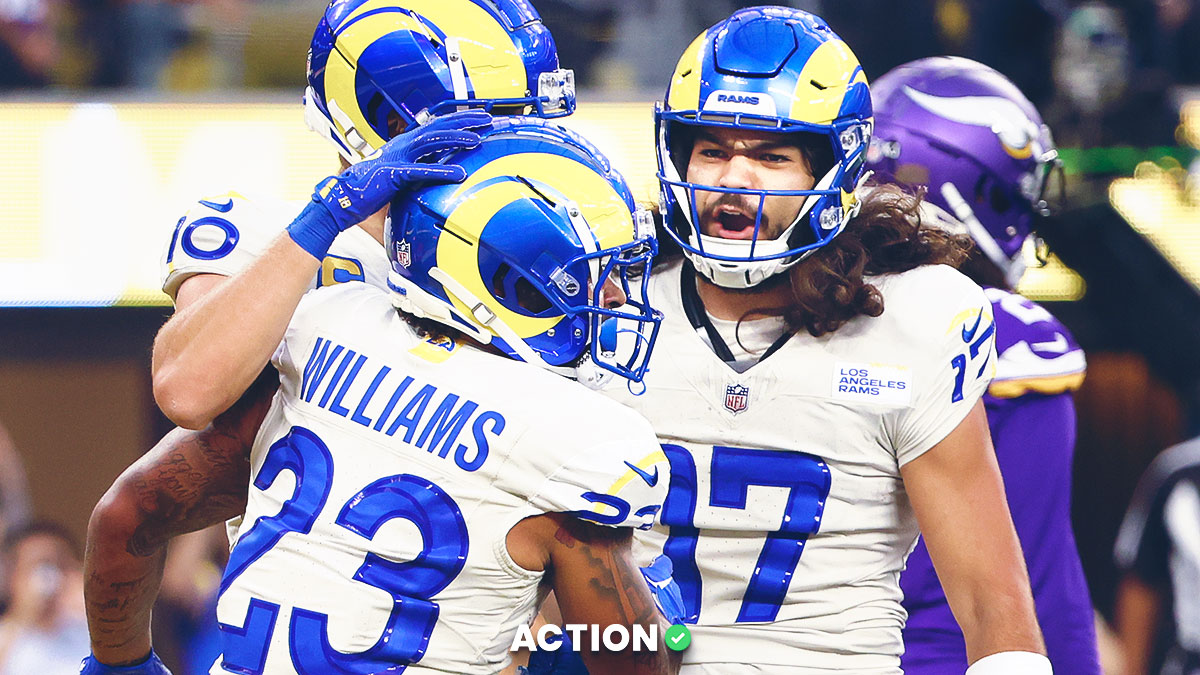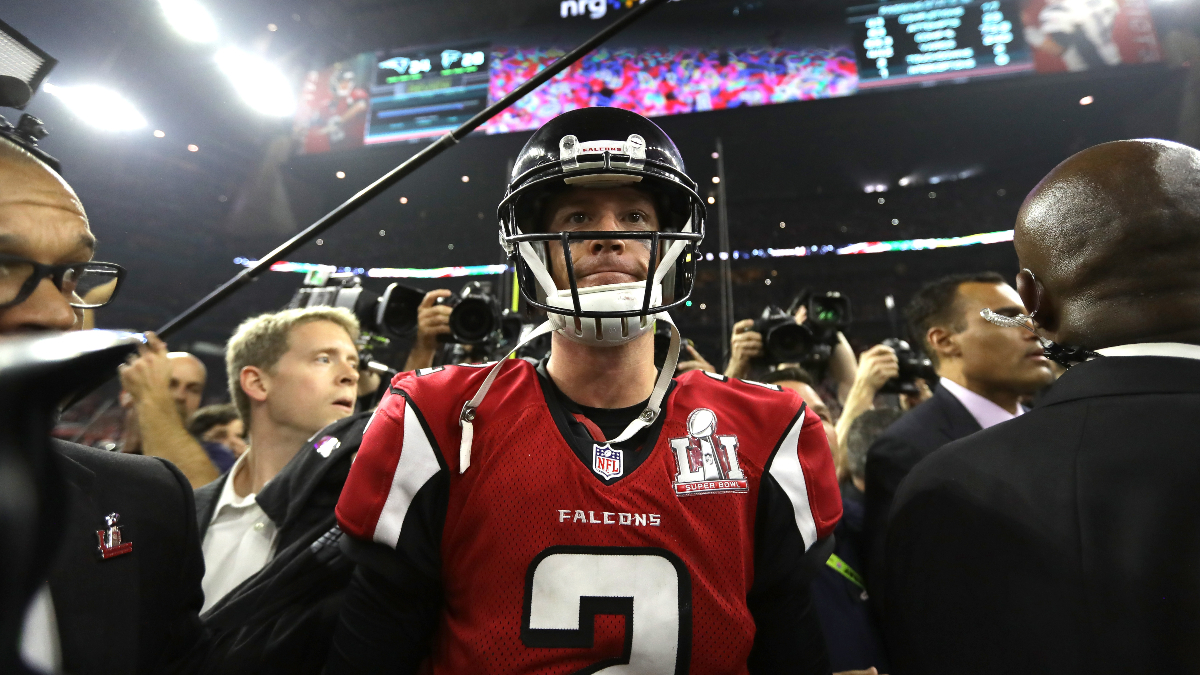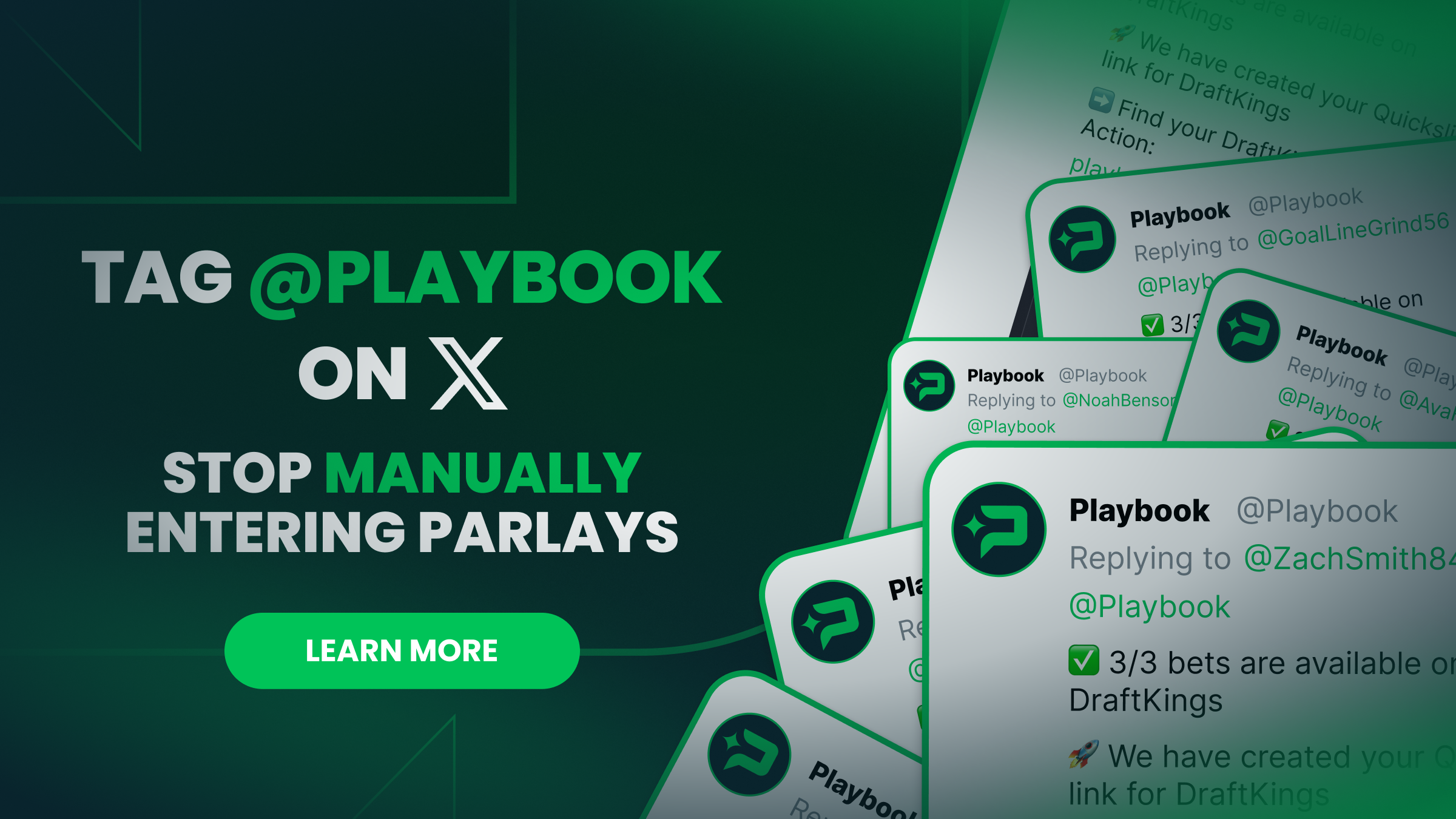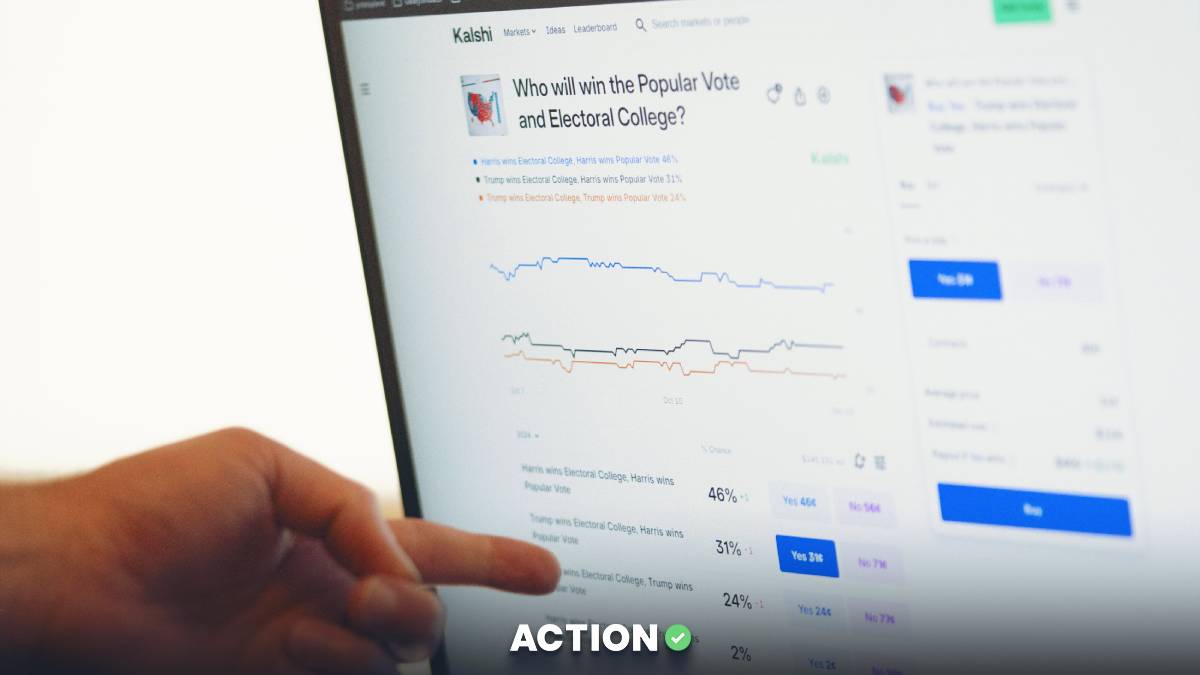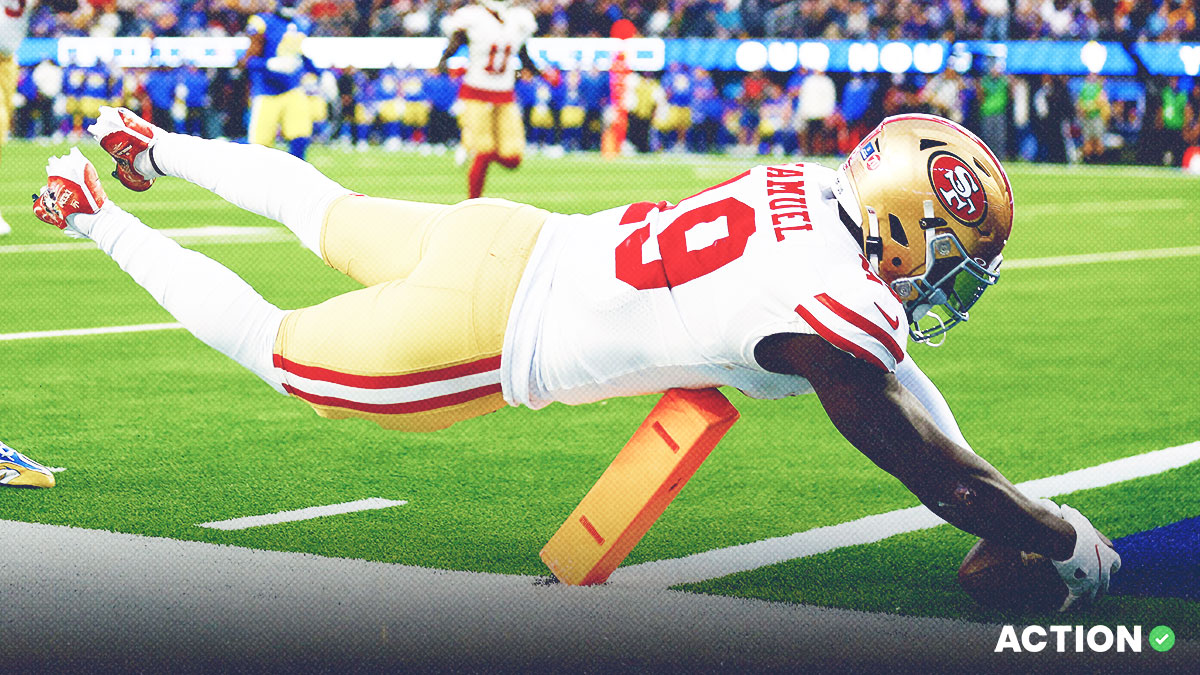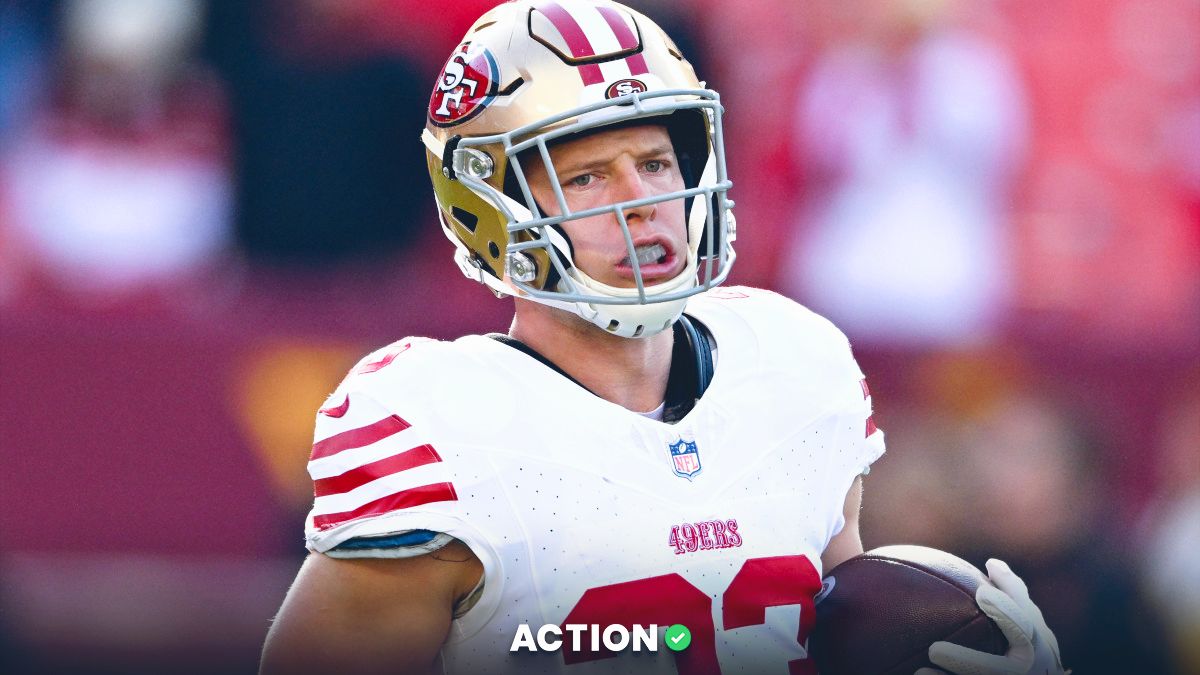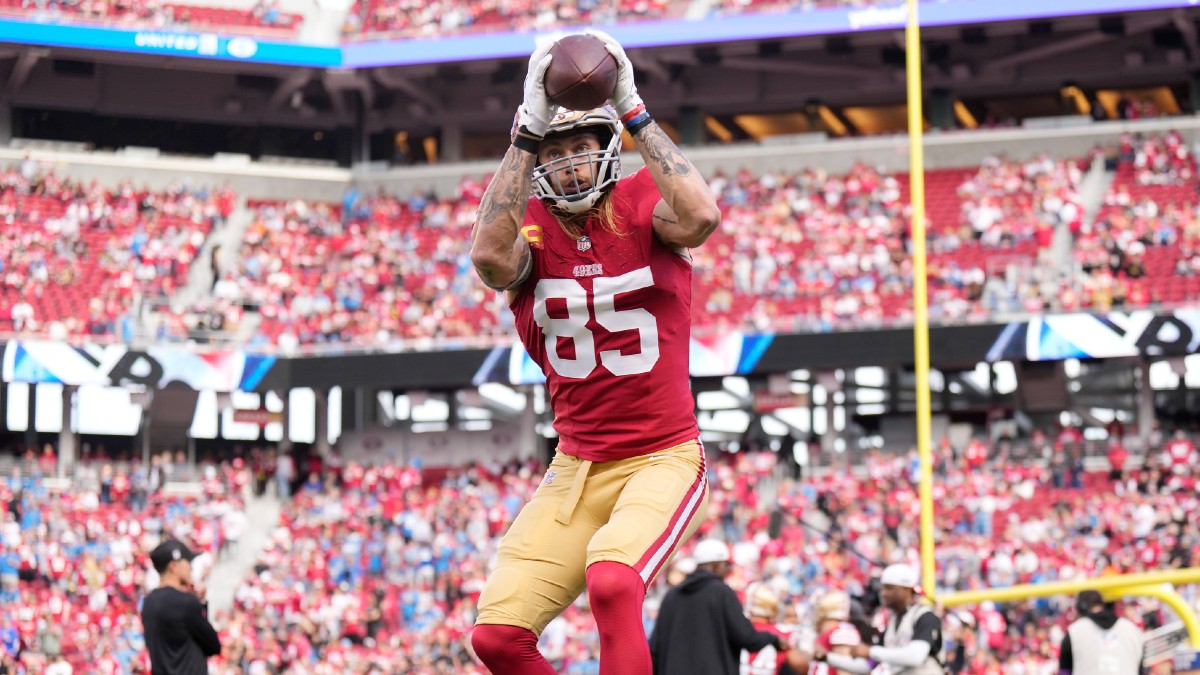Sportsbooks love to make it seem like you're getting lots of money when you sign up with their new-user promos. But what is this money, really? Is it real cash you can withdraw and spend in real life? Or is there some catch?
A little bit of both.
There are six main bonus types that sportsbooks offer, with most eventually ending up as bonus bets. In 2023, many sportsbooks started moving away from "free" language to comply with Responsible Gaming guidelines from state gaming commissions.
Some promos like deposit matches also have a rollover, which requires you to wager a certain amount at that sportsbook before unlocking the actual bonus funds.
Always read the terms and conditions to understand what you're getting into when you sign up. Fortunately, the terms are usually accessible with just a single click.
Also, keep an eye on when bonus bets expire. They generally don't last forever, and if you don't use them, you'll lose them.
6 Types of Sportsbook Bonuses
1. "Actual Money"
Gratis money is cash in your account you can bet or withdraw immediately. This comes in smaller increments like $10 or $25 so if you do take it and run, the book isn't losing much. These types of offers are extremely rare in 2024.
If you see DraftKings offering a $500 deposit match plus $20 on the house, there's a reason the "on the house" money is only $20 and the deposit match is $500.
2. Bonus Bets
- Also known as: Bet credits
This is the most popular promotional currency in sports betting.
When you place a bet with bonus bets, you keep any profits, but not the initial stake. The bets will usually appear in your bet slip if you have them.
Say you have $75 in bonus bets in your account, and no cash. You put $50 in bonus bets on the Bruins to beat the Penguins at +110. If the Bruins win, you profit $55, but you don't keep the $50 bonus. So you'll now have $55 cash, plus $25 in bonus bets remaining. If the Bruins lose, the bonus bets just go away.
Sportsbooks often give away bonus bets, not just when you first sign up, but also at other times. Sometimes they put them right in your account as a reward for betting a bunch or as an incentive to come back. You can enhance your betting experience by using the BetMGM Bonus code to try them out.
And so many different promotions eventually turn into bonus bets.
- If you lose your "first bet on the house" you'll get bonus bets back.
- Deposit matches become bonus bets.
- Parlay insurance and similar promotions turn into bonus bets.
- Any "bet $5, win $200" promos mean $200 worth of bonus bets, not cash.
3. First Bet on the House
- Also known as: FanDuel no-sweat bet, first offer, first bet insurance, new player bonus
This type of offer probably has the most unique names, and is the most popular type of offer, especially outside of football season.
Here's how it works. At FanDuel, you can make a bet anywhere from $1 to $1,000, and if it wins, it's a winning bet. You keep the cash.
But if the bet loses, you get credited in bonus bets in the same amount you put in.
This is advantageous for the sportsbook in two ways:
- Most people don't put in $1,000. So the sportsbook gets the marketing allure of a four-figure bonus but rarely has to match it.
- If the bet loses, the money comes back in bonus bets. To turn those bets into cash, they need to win. If your bonus bets lose, you're suddenly left with nothing.
4. Deposit Match
A deposit match is when the sportsbook gives you bonus bets equal to the amount you deposit when you sign up.
Caesars, when it launched in New York in Jan. 2022, had one of the biggest deposit matches in the history of online betting, offering up to $3,000 and only a 1x playthrough.
With any bonus (but deposit matches especially), just be cautious of rollover or "play-through" requirements.
DraftKings will sometimes run a deposit match, but it comes with a hefty wagering requirement.
Here's an example: You get 20% of your deposit as a bonus, but you must wager 5x your deposit in 90 days to claim the full bonus. The bonus is released $1 at a time for every $25 you wager.
So if you put in $500, DK will give you an extra $100. But to get the full $100, you must wager $2,500 ($500 x 5) in 90 days.
That's a lot of bets! If you're a $20 bettor, it will take you 125 bets to hit that threshold.
To keep it simple, let's say you bet $20 on those 125 bets, all on -110 point spreads. If you win 50% of them and go 63-62, you'll lose $111. That's more than the entire bonus!
Again, read the terms carefully! I've tried to outline general principles here, but the specific terms change frequently, so don't rely on this article or any others for totally up-to-date bonus info for specific books. Check the book itself.
5. Site Credit
The naming around this has changed and gotten a bit confusing. But generally, site credit is like a bet credit, but you actually keep the bet stake if it wins.
For example: You put $20 in site credit on the Warriors +110 against the Celtics. If the Warriors win, you profit $22 and keep the $20 wagered. With bet credits, you'd only get the $22 in profit.
FanDuel used to give out site credit, but no longer does. Almost no American sportsbook uses site credit anymore.
6. Profit Boosts
Sportsbooks will often give new and existing users a profit boost on random events.
But they often come with certain stipulations, like you must bet a parlay with at least three legs to get the profit boost.
A 25% profit boost on any UFC parlay that originally paid $75 will now pay almost $94. If it wins, it's real cash. But books will often try to guide you into less advantageous bets to take advantage of these profit boosts.

